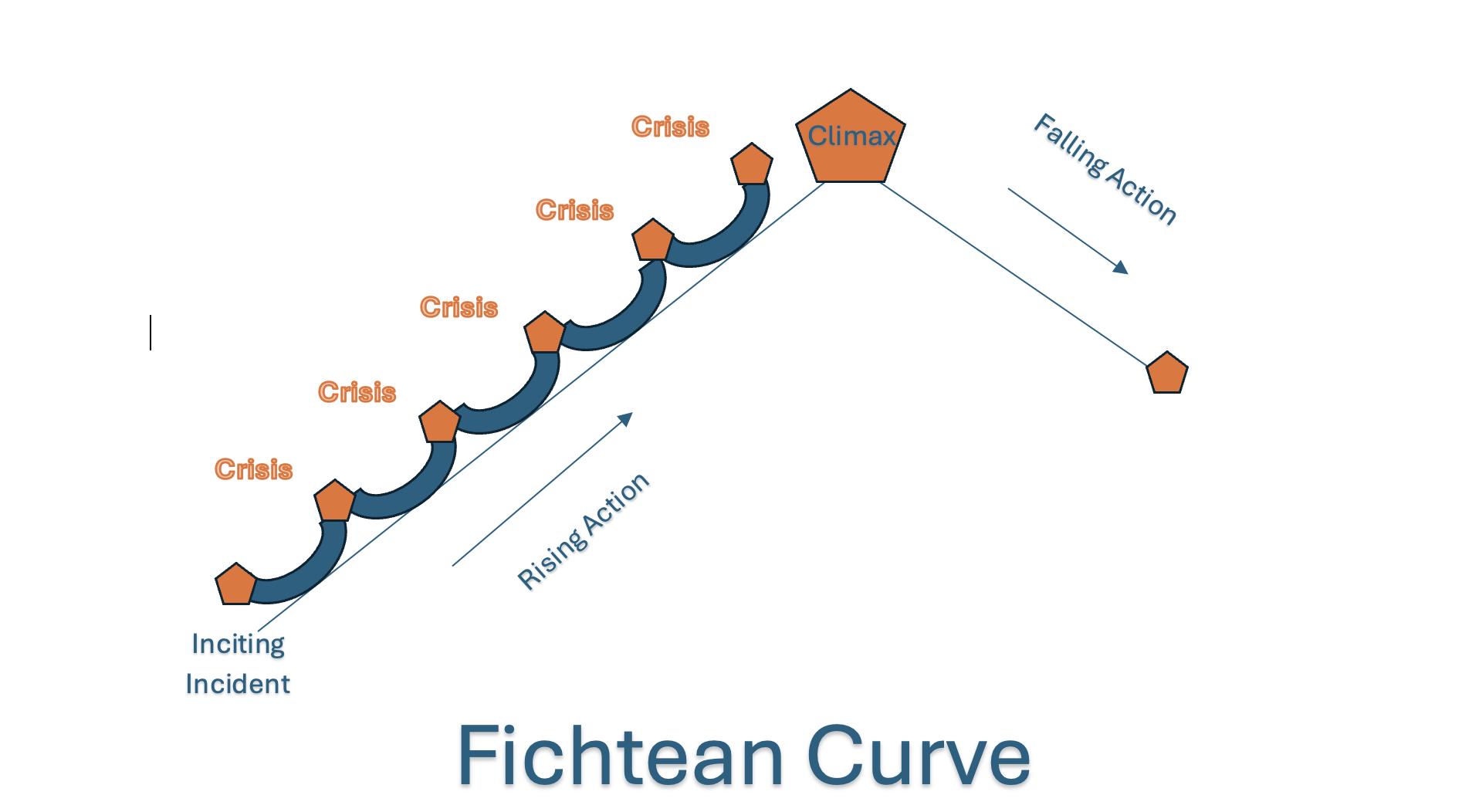Writer Self-Care
Amazon Affiliate Disclosure
Pauline J. Grabia participates in the Amazon Services LLC Associates Program, an affiliate advertising program, and earns from qualifying purchases from links in this post.
Please subscribe to my email newsletter for updates on my website and blog. You can do so in the form found in the footer of this page. Thank you!
Pushing myself (unnecessarily) to the limit.
When I moved from viewing my writing as a hobby to a potential career, I focused too much on spending most of my day cranking out page after page of manuscript that I failed to look after myself and neglected my physical and emotional needs. I came across several blog posts discussing the necessity of ‘writer self-care,’ and I scoffed at them. I was too focused and driven to take time for such frivolity. I didn’t realize how much I was denying myself until I suffered the early burnout stages. I’d written full first drafts for five different manuscripts almost back-to-back, losing my mojo, my creative muse. Everything I put down on ‘paper’ was dry, bland, and yucky. I returned to those blog posts and articles on writer self-care and reread them from the perspective of someone desperately needing such advice.
In this post, I’ll share with you the best advice I found, which has worked most for me when my inspiration well has dried up, and I need restoration. These ideas have worked for me—you might find them useful, but this list is hardly exhaustive. What’s important is that you do what best physically, mentally, and spiritually restores you. When your whole being is rejuvenated, you’re in the best place to do your best writing.
My Go-Tos for Writer Self-Care:
It’s important to remember that ad human beings, we are made up of body, mind, and spirit (some would add soul to the list). We must take care of all these aspects of our humanity to be whole, healthy, productive people. As a writer, it’s easy for me to focus my perfectionist tendencies toward more cerebral., cognitive pursuits while neglecting the physical and spiritual aspects of my being. But even when focusing on writing most of the hours of my day, I can neglect to feed my well of creativity until I run dry and then wonder why I’m experiencing writer’s block.
I’ve compiled a list of things I currently do or am enthusiastic about trying in the future to care for my whole being as a writer and human being. They fall under the categories of Physical, Mental, and Spiritual self-care.
1. Physical Self-Care:
· Get enough sleep: I have a set schedule for my day. I wake every morning by five-thirty am and begin with a stretch and a healthy breakfast. My brain requires a lot of sleep and good energy first thing in the morning if it will be useful to me for the rest of the day. I often take a 20-30 minute ‘nap’ in the afternoon and am in bed by nine pm every night. Being a creature of habit, I dislike it when events interfere with my schedule and find it difficult to adjust, so I try to keep it the same seven days a week. That’s what works best for me. I’m more productive creatively from six am to noon, so that’s when I do most of my writing. The rest of my day I edit or do things that are not writing-related. Sleep is essential for the creative mind to work at its peak.
· Movement: I am lazy and have never been athletically inclined. However, as I age, I become increasingly aware of how important it is to care for my body’s need for stretching and exercise. I either work out for 20-30 minutes daily with a YouTube workout routine (aerobics, HIIT, MetCon) or walk outside and get some fresh air. Since writing is a sedentary occupation, it’s even more important to schedule such physical care into my day, usually as one of the first things on my daily to-do list.
· Water: I admit this is not my strong suit, but I’ve been trying to be mindful of how much water I’m taking each day and increasing it. I drink too much coffee, which dehydrates and is not good for the body. Dehydration can cause headaches and a lack of concentration, which is not conducive to writing. How much water a person needs to drink depends on the person, and I’m not an authority, but recently I’ve tried to increase my personal daily water intake to about two liters (close to 2 quarts) a day.
· Healthy Eating: This is much easier said than done, right? I allowed myself to become obese, and now I’m battling to lose weight again, which means dieting and watching the food I eat. That’s the hardest part, but I’ve gradually eliminated unhealthy food (including excessive sugar) from my diet and incorporated reasonable portions of healthy, whole, unprocessed foods into my meal planning. Especially after reading Ultra-Processed People by Chris Van Tulleken. That’s another thing I do regularly is a meal plan because when I don’t, takeout and delivery or driving to a restaurant become my (unhealthy) go-tos. Meal planning, grocery shopping, and meal prep are my friends. I’m not yet the queen of these behaviors, but I’m working toward it.
2. Mental Self-Care:
· Stop Comparing Myself to Other Writers: This is a biggie and perhaps what I find the most difficult, so I put it at the top of the list. I suffer from imposter syndrome and compare myself all the time to the published authors I read (because I’m not yet published and want to be where they currently are). I forget that I usually compare my first or second drafts to their final drafts after many renditions have been written and editors have gone over them with a fine-toothed comb. In other words, I’m comparing my apples to their oranges and then tearing myself down for not looking like an orange. So I’m constantly reminding myself not to compare but to learn from other authors and then do my best to write as Jenni Roman.
· Make Daily To-Do Lists the evening or even a week in advance: It helps me stay on task and focus when I already have planned out what I will do and when I will do it. I don’t schedule every moment of my day, but I do break it down into consistent blocks where I know what my task will be for that period. I usually do this at least the night before for the next day (e.g., Monday night, I plan out my Tuesday). For larger tasks, I like to plan at least a week in advance. I’m neurodivergent (I have ADHD), and I find this works best to get on and stay on task.
· Take frequent breaks: Smarter people than me have done the research and found that people are most productive when they take frequent, short breaks from their work. I have a productivity app that has me work on a task for 25 minutes and break for five, three times in a row, before taking one longer (20-minute) break. Then I repeat until the end of my ‘work’ day. I find that I do get more done if I let my brain have a break now and again.
· Put my phone aside and don’t look at it while I’m writing: My phone is too distracting, so it goes in my desk drawer when I'm writing. Out of sight, out of mind.
· When I can’t write per se, I do something writing-related: I often feel like nothing is flowing when I’m working on the draft of a story. I don’t like anything I’m producing. That’s usually when I stop and do something else, writing-related and productive, and give myself a break from my original task. There’s no point in beating a dead horse, as they say. Often, I’ll brainstorm ideas for a future project or blog post, do research for a draft I’m working on, work on an outline for a future draft, look up Pinterest pins that inspire me, come up with names for potential characters, study lists of words to refresh or upgrade my vocabulary, or read. Reading is an important writing-related activity you can do to improve your skills as a writer, so it’s not time wasted. I’ll sometimes put writing away altogether and work on something else creative, like one of my favorite hobbies, including crafting (painting, cross-stitching) or baking. These are all great for rejuvenating the creative mind.
3. Spiritual Self-Care:
· Prayer/Meditation: As a Christian, I believe my spiritual being is just as important as any other aspect. If my relationship with God isn’t right, ‘ain’t nothing right.’ So sometimes I need to close the laptop and talk to my Savior. It doesn’t matter what I talk to Him about—I need to connect like a child often needs to connect with their parent for that contact and one-on-one attention they crave. I need that from my Heavenly Father. For those who aren’t Christian or ‘religious,’ Taking a few minutes to be mindful or meditate on an affirmation or goal might also be helpful in regenerating your spirit.
· Reading Scripture: Akin to prayer, I find that I often need the nourishment of God’s word to sustain me when other things in my life do not. I need the wisdom and guidance of God through His word to help me make it through my driest or most troubled times.
· Reflect on How Far You’ve Come: If you write regularly, you will get better and produce material. So, occasionally reflect on your writing (take a year, for example) and see how much you’ve accomplished and how far you’ve come. Congratulate and reward yourself for your consistency and hard work.
· Interact with other people: It’s so easy as an introvert and writer to wall myself off from other people and hide in my writing. However, that becomes lonely and counterproductive. Even introverts need social interaction. It is part of being a human being. We were created for community. We are not lone wolves. So, make time to converse with another human being every day. Visit with family and friends. Spend time with a lonely or aging relative—glean wisdom and insight from them. Get out of the home and meet with other writers over coffee or in a writer’s club to interact, discuss, collaborate, and encourage each other. If inclined, join a church ministry or small group/Bible study to build relationships. Or volunteer in your community. I’m perhaps weakest in this area because I am shy and introverted. It is something I am consciously taking steps to change. I must build friendships and relationships outside the characters I create in my stories.
Conclusion:
These are a few suggestions of what I do or am trying to implement into my daily routine to care for myself as a writer. These lists are not exhaustive. Find and incorporate what works for you to keep you refreshed, rejuvenated, and inspired, so you can also translate that into your writing. If you have any suggestions to add to the ones I’ve listed above or wish to comment on what I’ve written, please do so in the space below this post. I’d love to read what you have to say. Thank you so much for joining me this week. Please sign up for my newsletter so I can keep you updated on what will be happening with this blog in the future. Check out the related posts below and share my website and blog with your friends and family.
Coming in August: My novel Filling the Cracks will be posted in weekly installments beginning Wednesday, August 2, 2023, and every subsequent Wednesday. Check back for it! I will be posting it first on my blog before anywhere else, so this is where you get to read it first. Check out my website, www.paulinejgrabia.com, for upcoming information about Filling the Cracks.
Thank you again for reading, and may God bless you richly!
Pauline




Consequence is a word with weight.
Often, we think of consequence only as punishment or fallout, something negative that follows a poor choice. But when I write Stories of Consequence, I’m drawing on another meaning entirely. Here, consequence means significance. Weight. Importance. I write stories that matter because they grapple honestly with darkness while still testifying to the reality of light made possible through God’s grace.